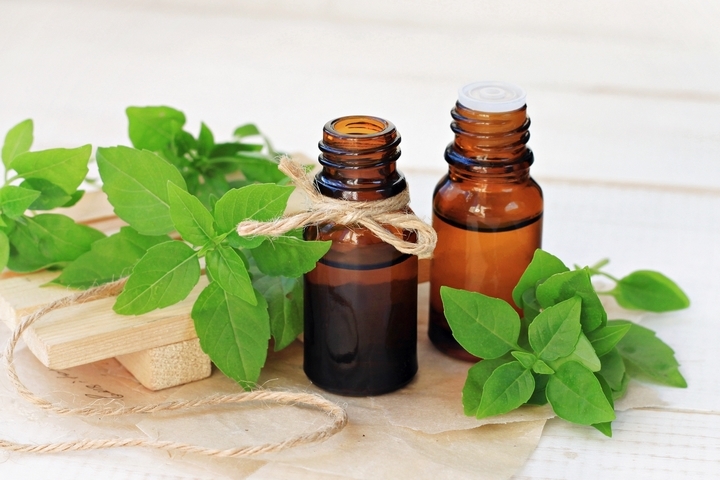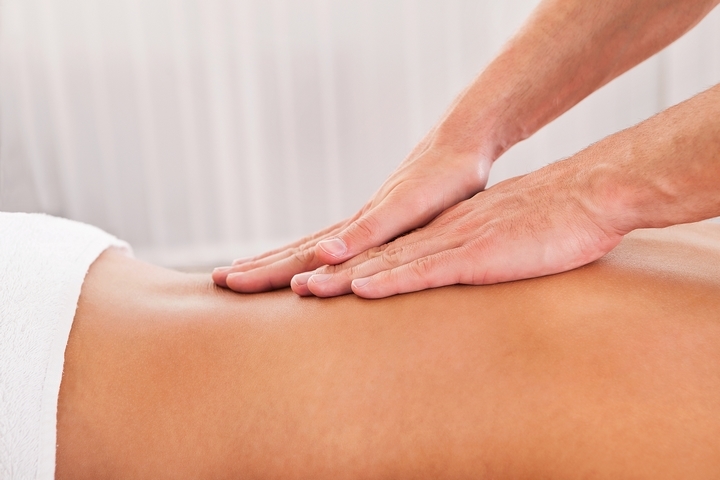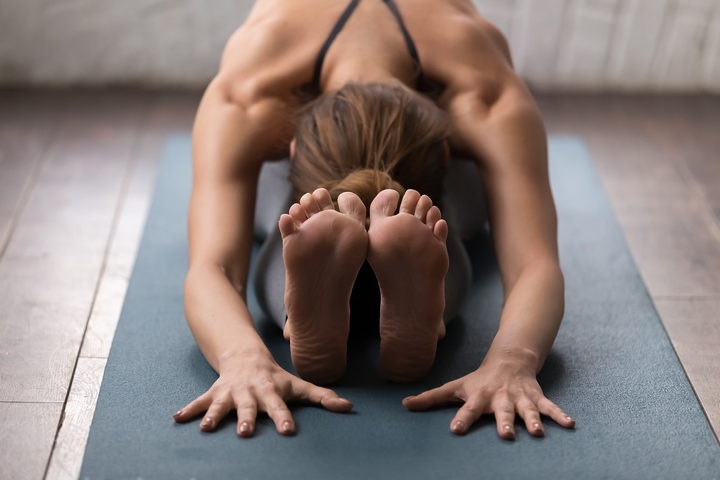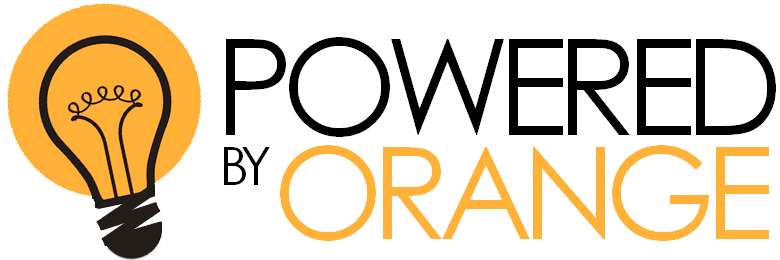Let’s face it, the experience of living through a pandemic has been fraught with tension and personal pain. Across Canada, people have worried about the wellbeing of loved ones, the security of their income and their own safety through day-to-day interactions.
It’s no wonder anxiety levels have skyrocketed. Collectively and as individuals, anxiety has taken a toll. If you have been struggling with anxiety in your home—whether you’ve suffered yourself or have been witness to your child’s struggles—you may be looking for solutions.
To help you reduce the impact of an anxious mind, check out these holistic ways to treat anxiety. As with any new exercise or treatment, try to keep an open mind and give each new strategy time to take hold!
1. Consider herbal therapies

Although science has not caught up to the claims of all herbal remedies, there is plenty of anecdotal evidence to show that they can provide benefit in the battle against anxiety. Be sure to do your own research about specific essential oils, homeopathic treatments or herbal remedies, then speak to a qualified practitioner to see which might work best for you, given your medical history.
2. Try healing therapy

Anxiety makes it hard for your mind to accept rational thoughts . When you are in an anxious spiral, your mind can fixate on things you might otherwise know are not true. One of the most helpful holistic tools in calming your mind is the regular use of healing therapy.
Give yourself the experience of letting your mind go without judgement. With some practice, settling your mind through healing therapy comes more easily. Be sure to experiment with different techniques to find the one that works best for you.
3. Back to your breath

Studies show that deep breathing exercises, on their own or combined with relaxation exercises, can greatly reduce stress hormones. Focus on your breath, perhaps following it mentally through your body or holding and releasing it in a pattern known as square breathing.
With this method, you are almost certain to relax your muscles, bring air to the lowest portion of your lungs and improve your focus. To help fight anxiety, make intentional breathing one of your daily habits.
4. Make yoga a routine

Those who practise yoga regularly swear by its ability to reduce stress, release tension and promote an overall feeling of well-being. There are several kinds of yoga, with varying techniques and levels of difficulty. Try several classes to find the style and instructor you like best.
If there are no yoga classes in your area, you’ll find plenty of free options available online. Most people find the benefit of yoga lies in the poses held—which engage and release muscles—and the focus on your breath.
5. Get a sweat going

While exercise alone will not rid your body of anxiety entirely, studies show that it is helpful in reducing anxious energy, improving sleep and kicking those feel-good endorphins into gear. In other words, regular exercise (the kind that breaks a sweat) provides short-term relief from anxiety and helps you fall asleep faster at night. If you are new to exercise, remember to start slow and build up your stamina.
6. Talk it out

For anxiety that interferes with your day-to-day life, one of the most effective treatments is cognitive behavioural therapy, otherwise known as talk therapy. This proven treatment helps to lower general anxiety and can help you work through specific issues or traumas. This popular therapy can help you recognize triggers and reflex reactions, helping you replace anxious thoughts and behaviours with more constructive alternatives.
7. Look into CBD Oil

Cannabidiol (CBD) oil is gaining plenty of attention for its wide-ranging therapeutic benefits. A derivative of the marijuana plant, CBD oil shows potential to reduce anxiety and lower stress hormones without the THC component of the plant that delivers a high. CBD oil is both legal in Canada and available without a prescription.
8. Record your thoughts

If anxiety is keeping you up at night, experts suggest writing your thoughts in a journal. Be sure to keep your content in a trusted location, where you know your written thoughts will remain private. Journaling has been shown to have several benefits, including the release of irrational thoughts.
Often, just getting your thoughts onto paper, allows you to see them in a different way. Many people find that writing your worries and thoughts down can expose them to the light of day, and that the process itself provides tension relief.
If stress and anxiety have become part of your day, as they have for many Canadians, you are likely on the lookout for reliable therapies and strategies. We hope this list of holistic ways to treat anxiety has been useful, as you search for the things that will help you most.




